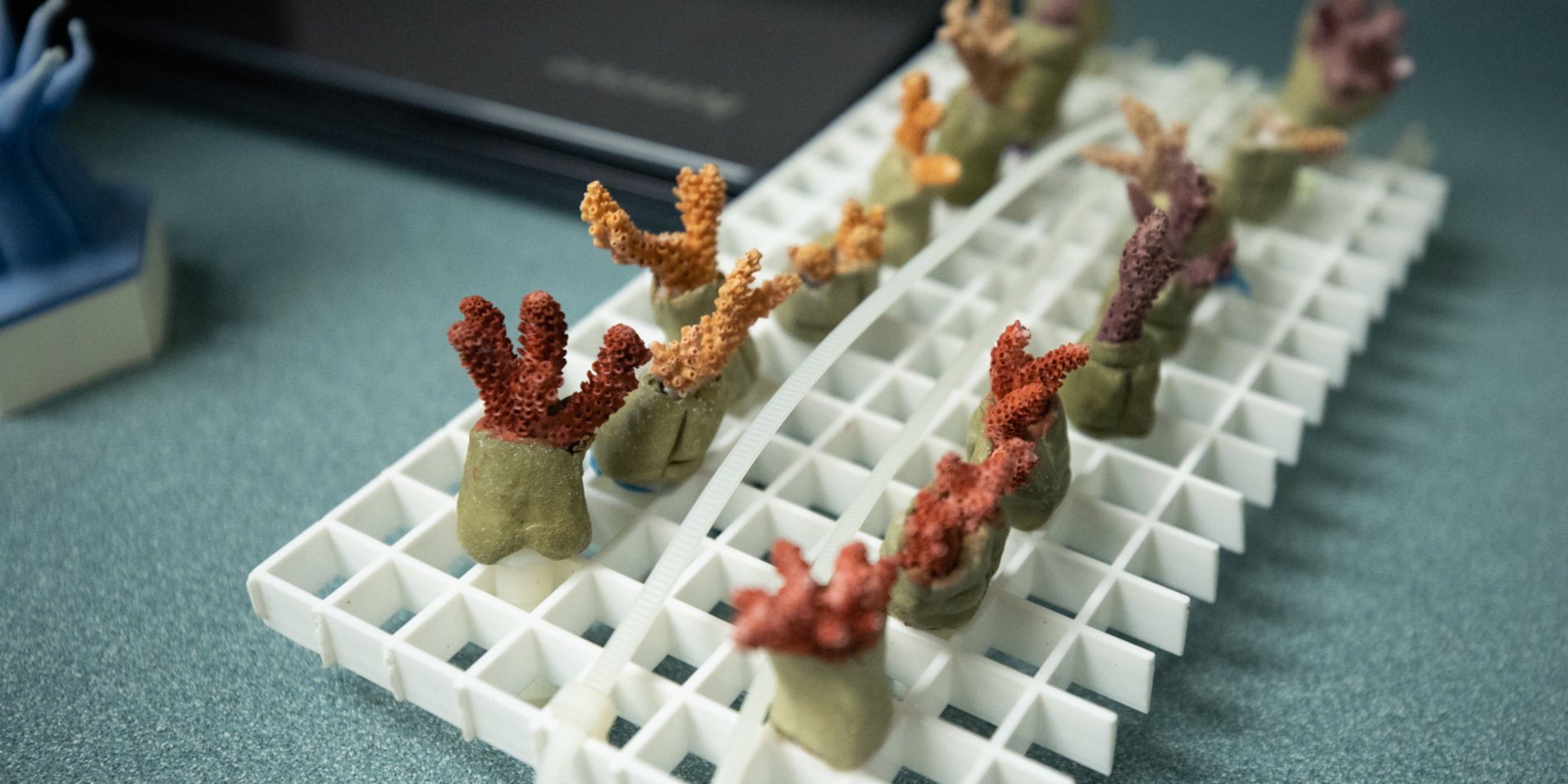Illegal, unreported and unregulated (IUU) fishing accounts for 20 percent of the world catch and up to 50 percent in some areas. This industry often uses bonded labor, destructive fishing practices and deceptive practices to reap profits at the expense of local fisheries, coastal states and the marine environment. Although international resolutions and reports have been issued for decades, countries have failed to enact and enforce regulations to stop these practices due to a lack of political will, resources and capacity.
At the beginning of a new decade, with deadlines approaching for the Sustainable Development Goals, nations have a major opportunity to form the partnerships and enforcement mechanisms to stop illegal, unreported and unregulated fishing practices.
This paper provides an in-depth look at IUU fishing, which covers its drivers and consequences, especially to the ocean economy. By looking at the breadth of issues that need reforming, the paper lays out a methodology for addressing this critical issue, including best practices for implementing the Port State Measures Agreement and other measures to prevent IUU fishing catches to enter into market, technologies for combatting IUU fishing, strategies for transitioning IUU fishing fleets, and the role of regional and international partnerships.
Annie Brett, COS Hoffmann Fellow and paper co-author, explains "this Blue Paper, which examines IUU fishing and the drivers associated with it, comes at an extremely relevant time. IUU fishing is already undermining the sustainability of the ocean, and poses significant risks for future fisheries productivity and our ability to truly attain a sustainable ocean economy. What's more, IUU fishing has cascading social and environmental consequences that go beyond fisheries to impact food, nutritional and maritime security."
This paper is part of a series of 16 Blue Papers, commissioned by the High Level Panel, to explore pressing marine and economic challenges. Together the Blue Papers summarize the latest science, technology, policy, governance and financial thinking about how to move into a more sustainable and prosperous relationship with the ocean. They are written by over 160 leading experts from 47 countries around the world, and will all be released before the UN Ocean Conference in Lisbon in June 2020.



